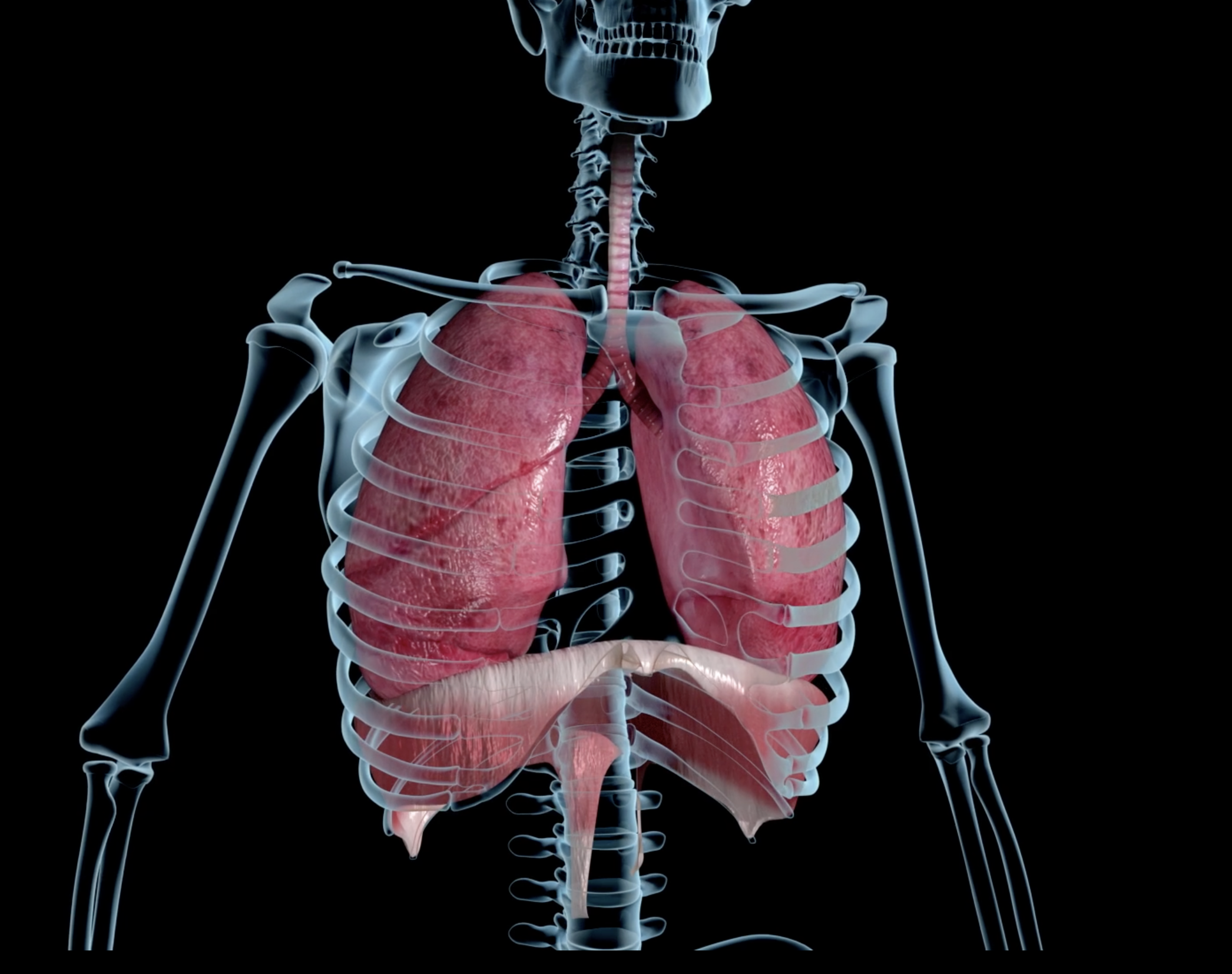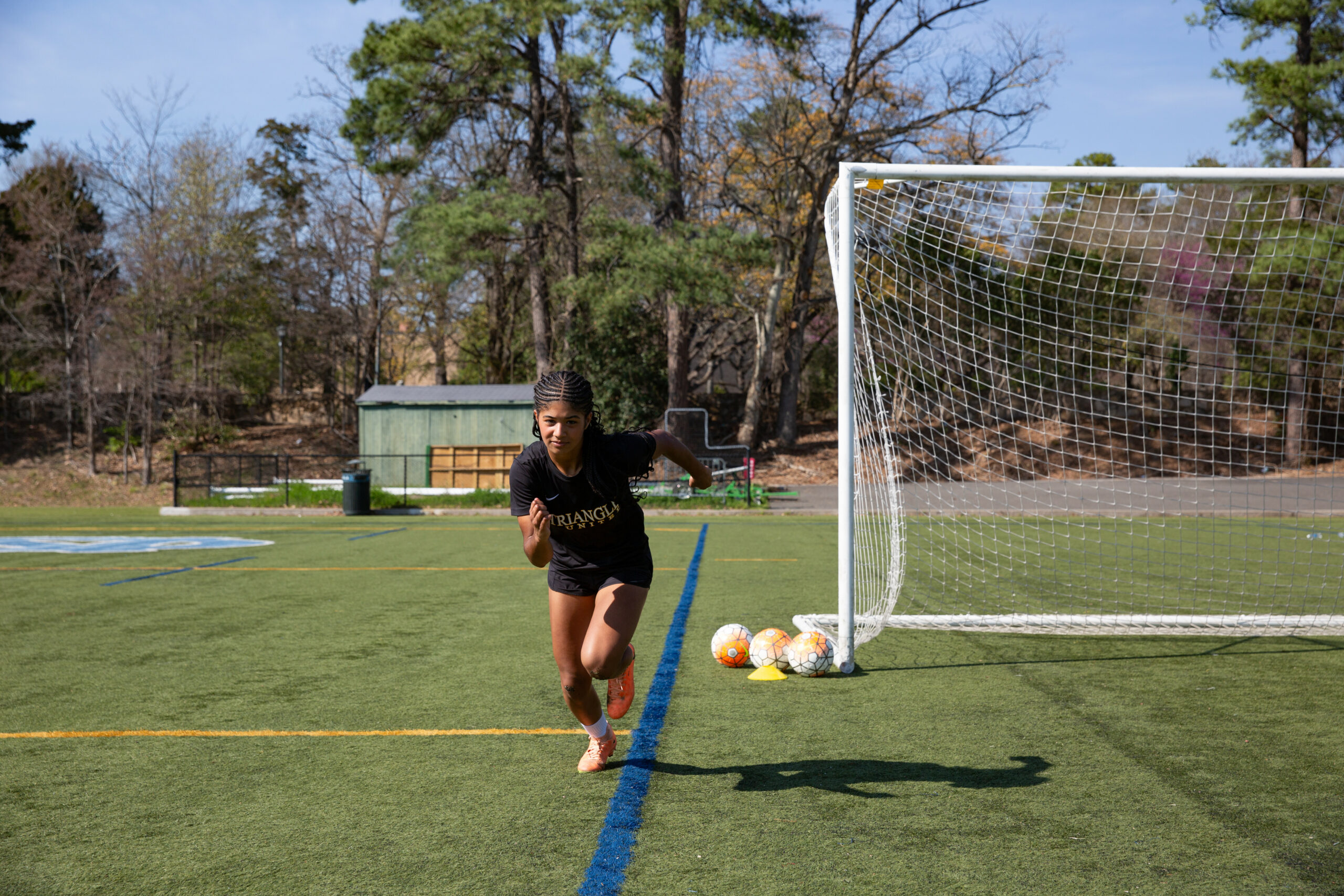By Michael Raynor, MS, RD, LDN
Maybe you’re a seasoned athlete, have been working out consistently for years, or maybe you’re new to working out consistently. Regardless of which camp you fall in, working out consistently and more frequently can lead to an increased appetite or feeling hungrier because of the additional calories you’re burning, and the additional calories needed for recovery. If you have goals of weight maintenance or weight loss, that can make it more challenging to keep moving toward your goals. Luckily, there are a few strategies you can use to head this off. Keep yourself fueled, keep from being too hungry, and keep moving steadily toward your goals.
Food is Fuel, Don’t Run Out of Gas!
To keep it simple, our body continuously needs energy. Our brains, our muscles, and the rest of our organs are constantly working and, as a result, need a steady stream of energy. When we haven’t eaten recently, our blood sugar dips, and our body breaks down body stores of energy to fuel these necessary processes and keep our blood sugar up. As we dip into these energy reserves, our body produces a hunger signal to encourage us to eat, recognizing that it can’t fuel us forever just based on our body’s energy reserves. When we eat, it provides our bodies with the energy it needs to fuel all the essential processes like fueling our brain, keeping our organs functioning, etc. This influx of energy and nutrients from our food also allows our body to repair and maintain tissues like muscles. So, my first tip for managing hunger/appetite is to ensure you provide your body with a steady supply of energy throughout the day by eating consistently throughout the day (about every 3-4 hours), whether this is a snack or a meal. For example, if you eat breakfast at 7am, aim for a snack around 9-10am, lunch around 12-1pm, a snack around 4pm, and dinner by 7pm.
Mix it Up.
My next tip requires a little background information. When we eat carbohydrates, they leave our stomach and move into our GI tract relatively quickly, and they’re also absorbed and used more rapidly. Fat and protein leave the stomach more slowly and are digested and absorbed more slowly. We can apply these facts to our advantage. If we eat a snack, that’s only carbohydrates (like an apple or a banana), this doesn’t keep us full for very long–it gives us a quick burst of energy and then leaves us feeling hungry again quickly. If we have protein and/or fat with our carbohydrates, it slows down our digestion a bit, keeps us full for longer, and gives us more sustained energy. So, my second tip is to have a mixture of carbohydrates, protein, and fat at every meal, and to have carbohydrates, protein, and/or fat at every snack. This is actually pretty simple. For example, instead of an apple for a snack, try an apple with nut butter. Instead of crackers for a snack, try crackers and cheese or chips and hummus. For lunch, instead of just a salad with chicken on it, try adding some carbs to your salad with chicken (whether it’s fruit, potatoes/sweet potatoes, or a side of toasted bread).
Hydrate, hydrate, hydrate (sound familiar?)
My third tip deals with hydration. If you saw the last nutrition blog, then you know how important hydration is. If you missed that blog, you could check it out here. Outside of all the reasons I talk about in that blog, dehydration can also cause several same signs as being hungry, like fatigue, headache, difficulty concentrating, which can lead us to believe we’re hungry. When we are dehydrated, it can cause us to crave some foods, particularly salty ones, as our body is looking to correct fluid and electrolyte imbalances. The salty foods most people typically reach for when craving salt can be calorically dense and less nutrient rich, which isn’t typically in line with most people’s nutrition goals. Apathy and impatience are also signs of dehydration–things that rarely go hand in hand with making sound nutrition decisions that are in line with our goals. Think about it, when you’re exhausted and impatient after a long or tough day of work, are you going to choose to cook a nice meal at home or are you going to get takeout on your way home? The take home point being, make sure you’re hydrated. Proper hydration can help to curb cravings and help you stay on track with your goals when you must make food choices, not to mention, adequate hydration helps every single system in our body to function better.
Stick with it!
My final tip is consistency. The three tips above are great, but where they really have power is when we can apply them consistently. Work on applying these tips consistently. By making these tips into habits, they get significantly easier and require less thought and work, which also makes them easier to stick with. Many people think they need to make enormous changes or take drastic action to see the results that they’re looking for, but small, consistent changes add up to huge changes over the weeks, months, and years. Plus, smaller steps are typically easier to implement and are certainly easier to stick with!
So, if you’re struggling with increased appetite or always feeling hungry, give these tips a try. Not sure how to apply these to your life or even where to get started? Drop me a line here, I’d love to help!




